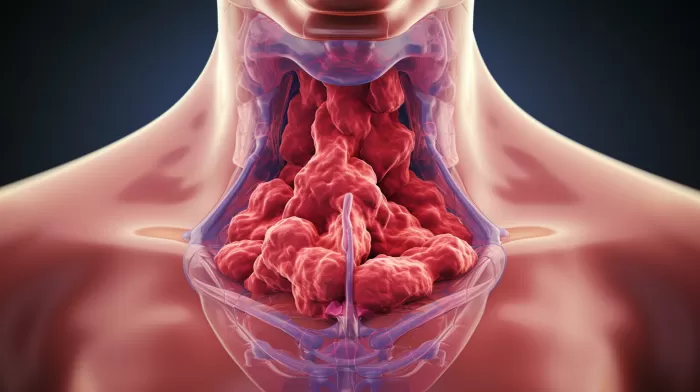Your thyroid gland serves as your body’s thermostat and metabolic powerhouse. When functioning correctly, it produces hormones that help regulate body temperature and metabolism. However, when it falters, your health is in jeopardy. A recent study highlights the devastating impact of low thyroid performance on older adults with severe medical conditions. Understanding how low thyroid function cripplers older adults is vital for implementing treatment plans to ensure health and longevity.
Thyroid Hormones – T3 and T4
The hormones that matter most to your thyroid gland are triiodothyronine (T3) and thyroxine (T4). These substances influence the efficiency of many tissues and organs throughout the body. Researchers in Spain found that elderly hospital patients with depressed thyroid hormone levels faced a significantly higher risk of death.
Study author Pedro Iglesias, M.D., explains, “When older individuals have low levels of thyroid hormones, particularly T3, it reflects that the body is weak and more susceptible to the harmful effects of disease. As a result, older individuals who have a reduced ability to synthesize T3 hormones have a higher rate of mortality, both in the short- and long-term.”
The Study and its Findings
Iglesias and his team conducted a prospective observational study that measured thyroid hormone levels in all patients 65 years of age or older admitted to the Hospital General in Segovia, Spain, in 2005. The researchers monitored a total of 404 patients throughout their hospital stays and for seven years thereafter.
In the course of the study, 323 of those 404 patients died. Notably, the study found a correlation between low thyroid hormone levels and mortality risk. Patients with the lowest levels of T3 hormones and thyroid-stimulating hormone (TSH), which activates the thyroid gland, experienced the highest death rates from heart disease.
“We found that low levels of thyroid hormone, in particular, T3, were associated with an increased risk of death in those seven years,” Iglesias says. “T3 could be a useful measure for gauging an older individual’s chances of surviving an acute illness requiring hospitalization. The reduced ability to synthesize the hormone observed in this group of patients could be related to the severity of the disease and its prognosis.”
Importance of Thyroid Health
The results of this study underscore the importance of monitoring and maintaining thyroid health in older adults. As you age, your body begins to experience a decline in its ability to synthesize thyroid hormones, putting you at a higher risk for various medical conditions.
Proactive measures to support thyroid function include optimizing your diet with essential nutrients (e.g., iodine, selenium, zinc) and adopting a healthy lifestyle, including regular exercise, stress management, and avoiding environmental toxins.
Recognizing Low Thyroid Symptoms
Low thyroid symptoms vary and are often mistaken for signs of aging or other medical conditions. However, it’s crucial to recognize the potential signs of low thyroid functioning, which may include:
- Fatigue
- Weight gain
- Depression
- Memory problems
- Dry skin
- Hair loss
- Constipation
- Cold intolerance
If you suspect that low thyroid function may be impacting your health, consult your doctor or healthcare provider for diagnosis and appropriate treatment.
Conclusion
The Spanish research highlights the significant role of thyroid health in determining an individual’s overall vitality and well-being. Low thyroid function puts older adults at a heightened risk for medical complications and a reduced chance of recovery when hospitalized.
By prioritizing thyroid health and seeking early intervention when needed, you can help preserve your quality of life during the aging process. This approach offers the potential for a healthier, more fulfilling future for all.



